










1 3 5 9 4 2 7 6 10
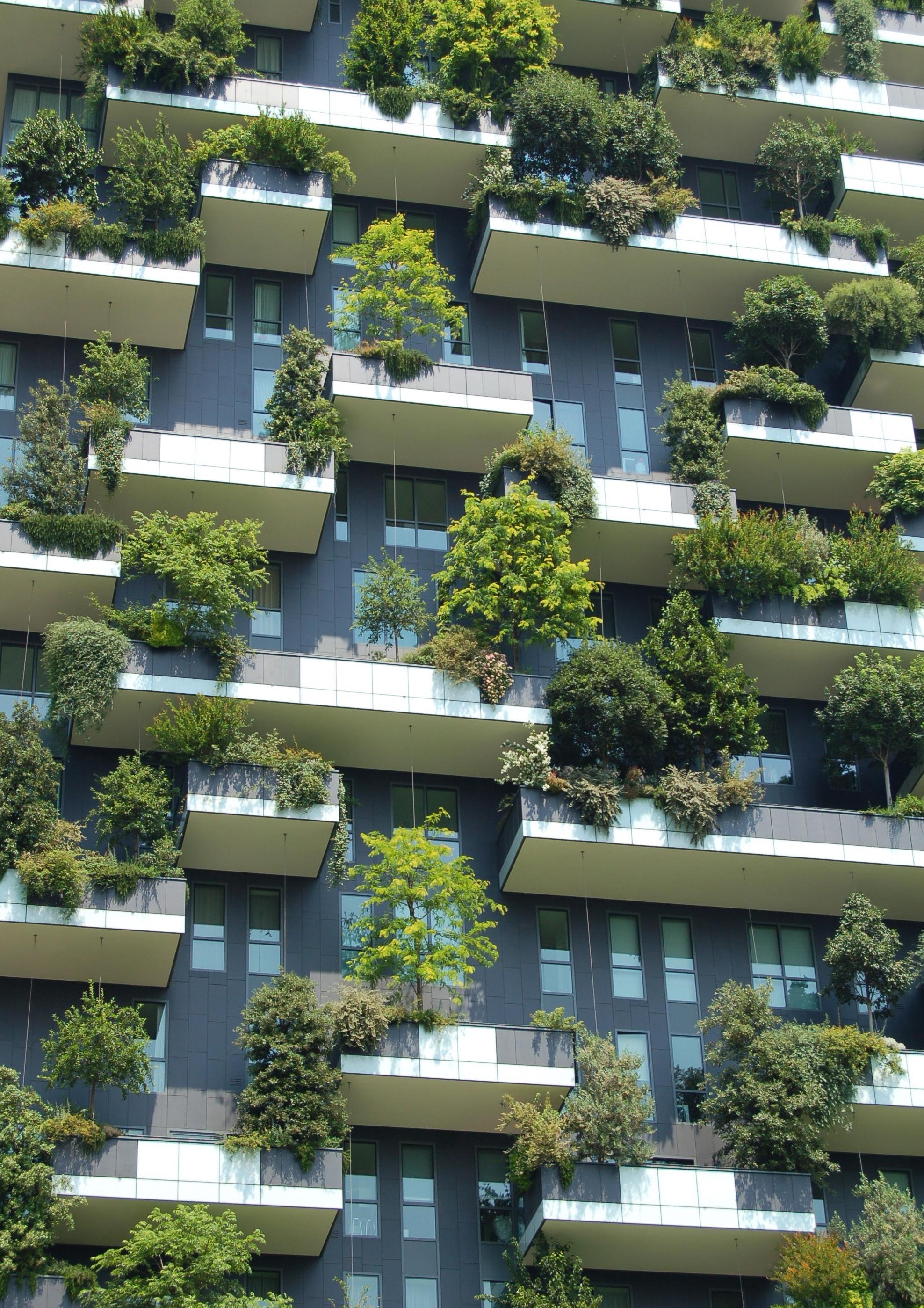












1 3 5 9 4 2 7 6 10

In the development industry we often talk about legacy. What is our legacy as professionals? And have we ensured a positive legacy for the places we regenerate and create? It’s important that we ask ourselves these questions as they inform the decisions we make today.
We now live in a world where we are faced with an existential question about legacy. The actions we take today will likely determine whether our ecosystems survive, whether our economies endure, and ultimately whether our planet remains habitable.
At Iceni, we don’t have all the answers to how we successfully tackle climate change and decarbonise the built environment, nor do we have the means to provide all the solutions ourselves. We are however resolutely committed to challenging our industry to do better. We do this every day through the advice we give and services we provide to our clients. This is exhibited in our growing sustainability offer and an ever-increasing focus on whole-life outcomes.
To strengthen the weight of our advice we have to apply it to our own actions. This is why we are a Carbon Neutral Certified company, monitoring, reporting, and assessing our performance on an annual basis.
This policy document sits behind our Environmental, Social, Governance (ESG) Strategy, and sets out the practical ways in which we will reduce our energy and water consumption, production of waste, and the GHG emissions resulting from our activities. The policies within this document have been considered in light
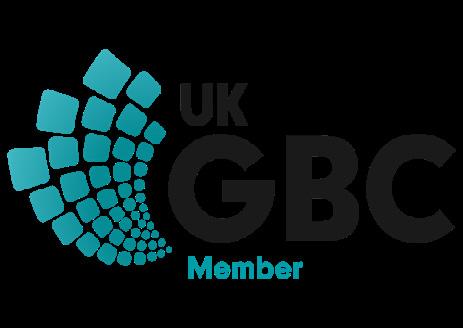
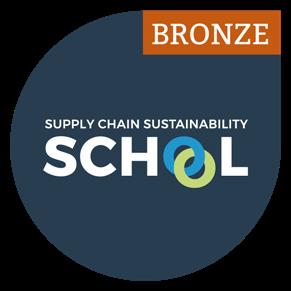
of changing patterns in the ways we live and work resulting from the Covid-19 pandemic. These policies will evolve as we develop a better understanding of the data gathered both during times of national lockdown and as we return to higher levels of office occupancy. Our policies are designed to drive action where we can in the immediate term, with a view to reducing our energy requirements to as little as practicable over time, and to becoming a circular business with zero waste to landfill. Our policies also cover our purchasing policy, travel-based emissions, social value, and governance arrangements.
As we look to become a more sustainable business we will do so as part of a wider network of industry leaders and by being active and involved members of the UK Green Building Council, Supply Chain Sustainability School, and London Chamber of Commerce & Industry’s Environmental, Sustainability, & Green Growth committee.
We are committed to reducing our own impact and supporting our industry to do the same.


Ashleigh Cook Chair of Iceni ESG Committee and Associate Director,
London Planning
Grace Wileman Associate, Iceni Futures




Climate change is the single biggest threat facing our way of life. Unchecked, runaway climate change has the potential to make vast tracts of the planet uninhabitable, with disastrous consequences for nature and society. We acknowledge that the primary cause of climate change is the emission of greenhouse gases from human activities, including the generation of heat and electricity, which we use in all our buildings.
Iceni is proud to be a carbon neutral business, supporting global efforts to mitigate the effects of climate change. We are taking action to reduce our emissions and are offsetting residual emissions through a robust and transparent accounting process, verified by Climate Impact (formerly Natural Capital Partners). However, we must take further action to minimise the energy used in the buildings we occupy. Our IT, lighting, heating, cooling and ventilation systems all consume energy we can measure using gas and electricity meters. We will therefore aim to reduce our total energy consumption year-on-year. We will also aim to procure energy from renewable sources, where circumstances allow, in order to continuously reduce our emissions.
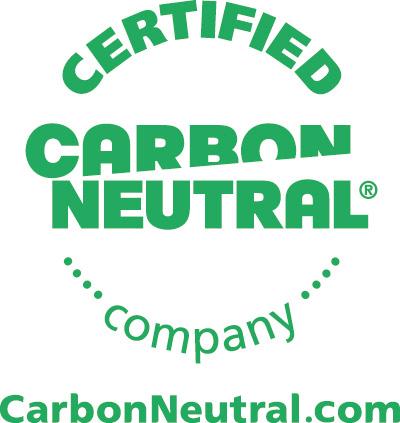

Our supply of potable water is increasingly under pressure. Increasing population and more sporadic rainfall mean that the UK, and especially the south-east, is water stressed. We need to take action to curb our consumption of potable water at home and at work to ensure our water consumption is sustainable.
At Iceni, we will install best practice water efficiency measures where feasible to reduce our water consumption. Where possible, we will monitor our annual water usage and aim to reduce consumption per head of staff on an annual basis. We will also encourage our staff to adopt best practice measures at home.
Through water restrictive technology and the promotion of best practice, Iceni will aim to reduce the annual water consumption of each employee year on year
Where water consumption cannot be measured directly in serviced regional offices, Iceni will aim to monitor and record the technology and practices implemented to reduce water consumption
Iceni will provide all employees with access to education about how to reduce water consumption at the office and in their home
Average cubic metres of water used per employee per year

In terms of our daily activities, printing represents a considerable cost, and consumes paper, ink and electricity. Iceni’s aim is to move our working practices from analogue to digital, through greater use of the internet, videos, apps and other electronic content. This will reduce our reliance on paper and printing.
We will therefore monitor our printing activities, internally and externally, aiming to reduce our paper and toner consumption. We will also ensure that all our paper is FSC Recycled. All of our waste paper and toner cartridges will be recycled.
Paper purchased for all offices must be FSC Recycled
Waste paper and used ink toner cartridges must be recycled
Reduce the overall volume and type of printing undertaken. Default printing will be black and white, and double sided to reduce paper usage
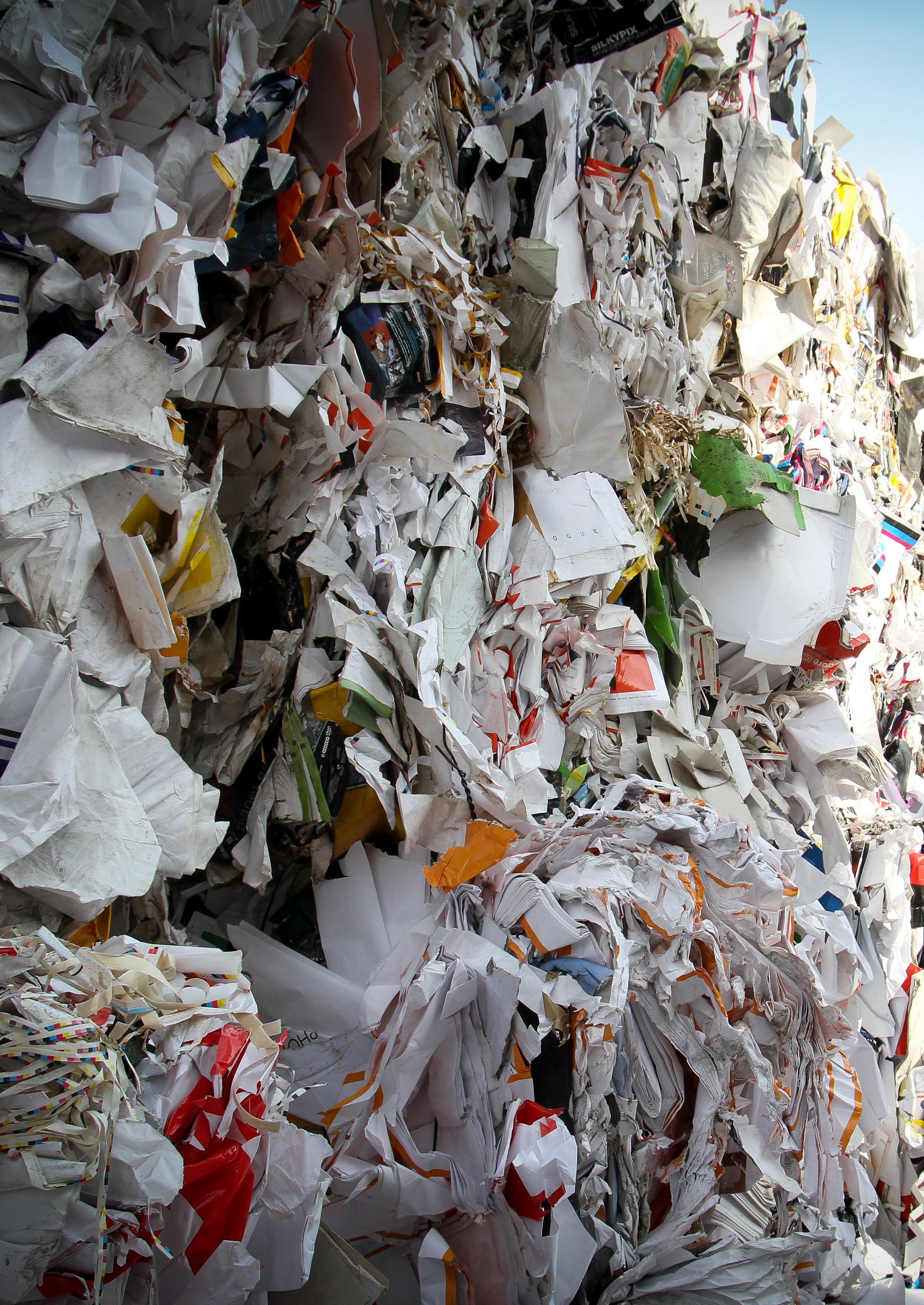
We produce vast quantities of waste. Not all of it needs to go to landfill. The waste hierarchy ranks waste management options according to what is best for the environment. It gives top priority to preventing waste in the first place. When waste is created, it gives priority to preparing it for re-use, then recycling, then recovery, and last of all disposal (e.g. landfill).
We will implement measures to adopt the waste hierarchy in our working practices, educating our employees, and providing straightforward opportunities to recycle correctly. We will focus, in particular, on improving waste management within our regional offices.
The ultimate aim is to prevent waste being produced in the first place, then to ensure waste is managed correctly when it is produced.
Iceni aims to reduce the amount of landfill waste produced by implementing measures following the Waste Hierarchy
Educate staff on waste reduction measures to promote behavioural change.
Weight of waste sent to landfill and weight of mixed recycling
20% reduction in amount of overall landfill waste compared to the 2019 annual baseline (2,300 kg)
ESG committee to host a range of events and information sharing events to engage staff in the importance of waste reduction.

In addition to printing (covered elsewhere), the items purchased by the company have an environmental impact. From the cleaning products to the tea and coffee we drink, our purchasing choices can lead to positive outcomes, supporting workers through Fair Trade initiatives or reducing plastic pollution.
Firstly, we will minimise the number of things we actually buy. Secondly, we will adopt an ethical purchasing policy, looking to minimise environmental impact and support workers wherever possible.
Iceni will reduce the consumption of single use and disposable office products
All products purchased must be ethically sourced, where possible
Quantum of products consumed per employee
Proportion of products which are recycled/recyclable, sustainable, Fair Trade, eco-friendly and cruelty free

Our business travel activities consume time, money and energy. Not all of it is necessary. In the internet age, we have access to conference calling and video conferencing facilities, saving time and energy. Where face-to-face meetings are necessary, low carbon travel should be the preferred option. Similarly, our staff should be encouraged to commute using low carbon, active means and avoid reliance on private cars.
We will undertake an annual travel survey to better understand the travel habits of our staff. We will adopt policies to encourage walking, cycling and public transport for commuting. We will also seek to minimise the amount of travel undertaken for work.
Ensure all offices enable staff to travel to/from work in a sustainable way Iceni will ensure that all offices allow staff to work in a more sustainable manner
Where alternative transport options are unavoidable, Iceni will offset carbon emissions for flights
Iceni will develop a sound understanding of the travel habits of staff and identify areas for improvement Access

We can’t talk the talk if we don’t walk the walk. Our involvement in the construction industry gives us the opportunity and responsibility to improve the sustainability of our built environment. By providing market leading consultancy on projects at every scale we can guide our clients into weaving environmental, social and economic sustainability into the fabric of their buildings.
Through our energy assessments we will be able to monitor the quantity of carbon dioxide emissions that our actions have avoided. We will also promote best practice sustainability by ensuring our clients adopt the Sustainable Development Scorecard (TheScorecard.org.uk) at every opportunity.
Through our work, Iceni will encourage our clients to pursue the development of energy efficient buildings
Iceni will work to improve the sustainability of the built environment

We live in a privileged society, and often forget how fortunate we are to be healthy, sheltered and safe. We have a responsibility to help those in less fortunate positions through charitable activities, giving time and money to improve the lives of others.
We will actively promote fund raising activities across the company for appropriate charities. We will encourage our employees to undertake volunteering opportunities through the ‘Give A Day, Get A Day’ scheme. We will also seek to undertake pro-bono work for charitable projects. Our goal will be to improve our social value performance annually.

We’re very proud to say that, as an organisation, we’re nothing without our staff. For that reason, we’ve placed them at the heart of our Environmental & Sustainability Policy. The policies contained within this document have been developed by our employees and agreed by the Iceni ESG Committee.
The Committee is open for anyone to join, and meets monthly to monitor progress against targets and discuss initiatives to increase our contribution to the targets set out here. Policies and targets are reviewed and reported on annually so we can monitor and manage our progress in each sector.
Results and initiatives will be regularly communicated to all staff via CLIVE. The Committee will also arrange ad hoc CPD and training sessions in order to increase staff awareness of pertinent issues where deemed necessary.
Iceni will continue to carry out an annual carbon neutral assessment. This uses the data collected by the committee to understand Iceni’s annual carbon output. We should always reflect upon the result of the assessment and proposes new policies or behavioural changes to improve our carbon output year on year.
All new starters to Iceni will be introduced to the Environmental & Sustainability Policy document as a part of their induction to the company.

The National Planning Policy Framework (NPPF) has running throughout it the ‘golden thread of sustainable development’. In spite of this, there is no clear-cut, NPPF-based assessment criteria to consider a site or project’s sustainable development credentials, making current assessment processes both tricky and subjective.
The Sustainable Development Commission was established to address this recognised issue with our planning system. Made up of a balanced cross-section of industry professionals, the Commission has debated the issues and found solutions, culminating in the creation of the Sustainable Development Scorecard.
The Scorecard website is free to use and accessible to anyone with a vested interest in development, including developers, architects, planners, community groups and members of the public. By crystallising the NPPF’s guidance into a simple, online analysis tool, the Commission aims to provide a more consistent approach to sustainable development, leading to a more sustainable built environment.
www.thescorecard.org.uk
Birmingham: The Colmore Building, 20 Colmore Circus Queensway, Birmingham B4 6AT
Edinburgh: 14 - 18 Hill Street, Edinburgh, EH2 3JZ
Glasgow: 201 West George Street, Glasgow, G2 2LW
London: Da Vinci House, 44 Saffron Hill, London, EC1N 8FH
Manchester: WeWork, Dalton Place, 29 John Dalton Street. Manchester, M2 6FW
www.iceniprojects.com iceni-projects iceniprojects